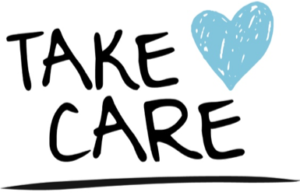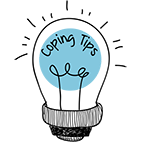Many research studies have shown that our social connections have an impact on both our physical and psychological wellbeing. People with strong social ties live healthier and longer lives than people with poor social connections, and, one of the strongest findings in the positive psychology literature,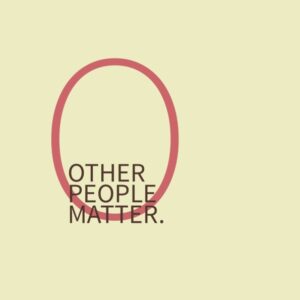 is that happy people have better relationships than do unhappy people. Chris Peterson, one of the founders of positive psychology puts it simply as: “Other people matter”.
is that happy people have better relationships than do unhappy people. Chris Peterson, one of the founders of positive psychology puts it simply as: “Other people matter”.
Socializing with others is reported to be one of the most positive everyday activities that we engage in, but “hanging out”, or going out with friends is not the only kind of interaction that makes people happy. Recent research also clearly shows that people who help others, who support others, who are kind to others are also happier people. Scientific research provides evidence that being compassionate and helping others is not just good for the recipient, but also good for the doer!
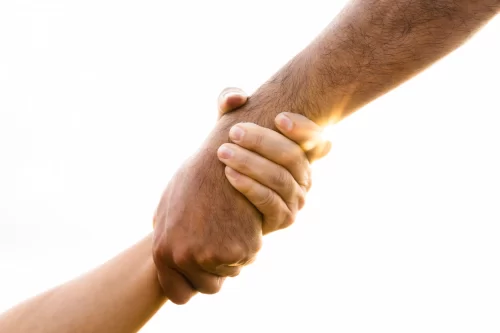
Generous behaviour increases happiness. In fact, all of the positive effects of having social connections are stronger for people who get involved in helping others. Doing good, in both large and small ways, not only feels good, but is good for us. Volunteering has been repeatedly shown to increase feelings of well-being and lower feelings of depression, improve feelings of self-worth and personal control. People who volunteer have also been found to live healthier and longer lives. It seems that helping others may be even more important than feeling helped yourself.
Even spending money on others increases happiness more than spending it on ourselves. In one study, researchers gave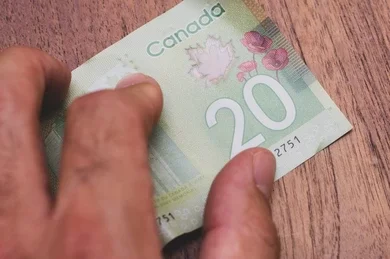 people up to $20 cash and told them either to spend it on themselves or to spend it on others. The participants were contacted at the end of the day, and those who spent their money on others reported being happier on average. Interestingly, most people don’t realize this and predict that spending money on themselves will make them happier.
people up to $20 cash and told them either to spend it on themselves or to spend it on others. The participants were contacted at the end of the day, and those who spent their money on others reported being happier on average. Interestingly, most people don’t realize this and predict that spending money on themselves will make them happier.
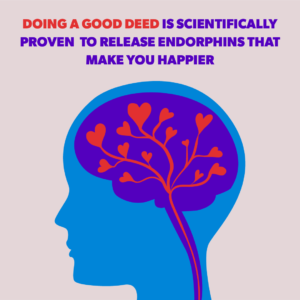 Through fMRI studies, we now know that giving, or even just thinking about giving, activates the same parts of the brain that are stimulated by food, monetary rewards and sex. Our brain seems to be wired to feel rewarded when we are generous and charitable. Giving also reduces activity in the regions of the brain activated during stressful experiences and improves immunity (higher levels of protective antibodies) .
Through fMRI studies, we now know that giving, or even just thinking about giving, activates the same parts of the brain that are stimulated by food, monetary rewards and sex. Our brain seems to be wired to feel rewarded when we are generous and charitable. Giving also reduces activity in the regions of the brain activated during stressful experiences and improves immunity (higher levels of protective antibodies) .
Psychologists have identified a typical state of euphoria reported by those engaged in charitable activity. They call it “helper’s high,” and it’s based on the theory that giving produces endorphins in the brain that provide a mild high, an uplifting feeling experienced after doing a good deed or act of kindness. That natural high motivates us to continue doing good. Evolution has wired us to help each other since helping others is beneficial to human survival.
In an experimental study, Sonja Lyubomirsky, another positive psychologist, had students perform acts of kindness for others. Compared to a control group who didn’t get those instructions, students who did the acts of kindness increased in happiness. Working to benefit others is something that any of us can do. Acts of kindness do not have to be extravagant or complicated undertakings. They do not need to require a lot of time or money. They do not even necessarily need to be something that anyone else is aware of. Volunteering, or donating to charity, are only two of many ways to give. In fact, varying what you do, mixing it up, can be a good idea. Some acts of kindness that you might consider include things like
- cooking a meal for someone else,
- being there to listen for a friend who needs to talk,
- doing a chore for someone who is short on time,
- donating blood,
- giving up a seat on a bus,
- telling a co-worker that you appreciate their hard work,
- putting change into a parking meter that expired.
- even sending out thoughts of compassion to someone who you know is suffering can be an act of kindness.
Neuroscience has demonstrated that helping and being kind, without a sense of obligation, is a powerful pathway for creating more personal. joy. Who wouldn’t want to take that pathway?
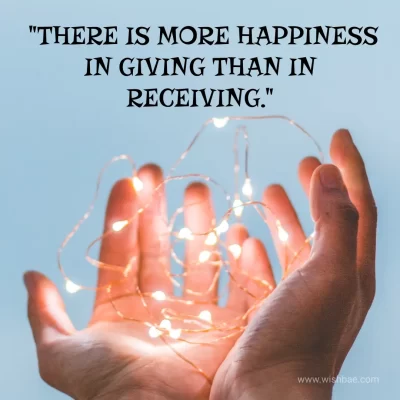
Take care, and lend a helping hand.
Rhonda Gilby
